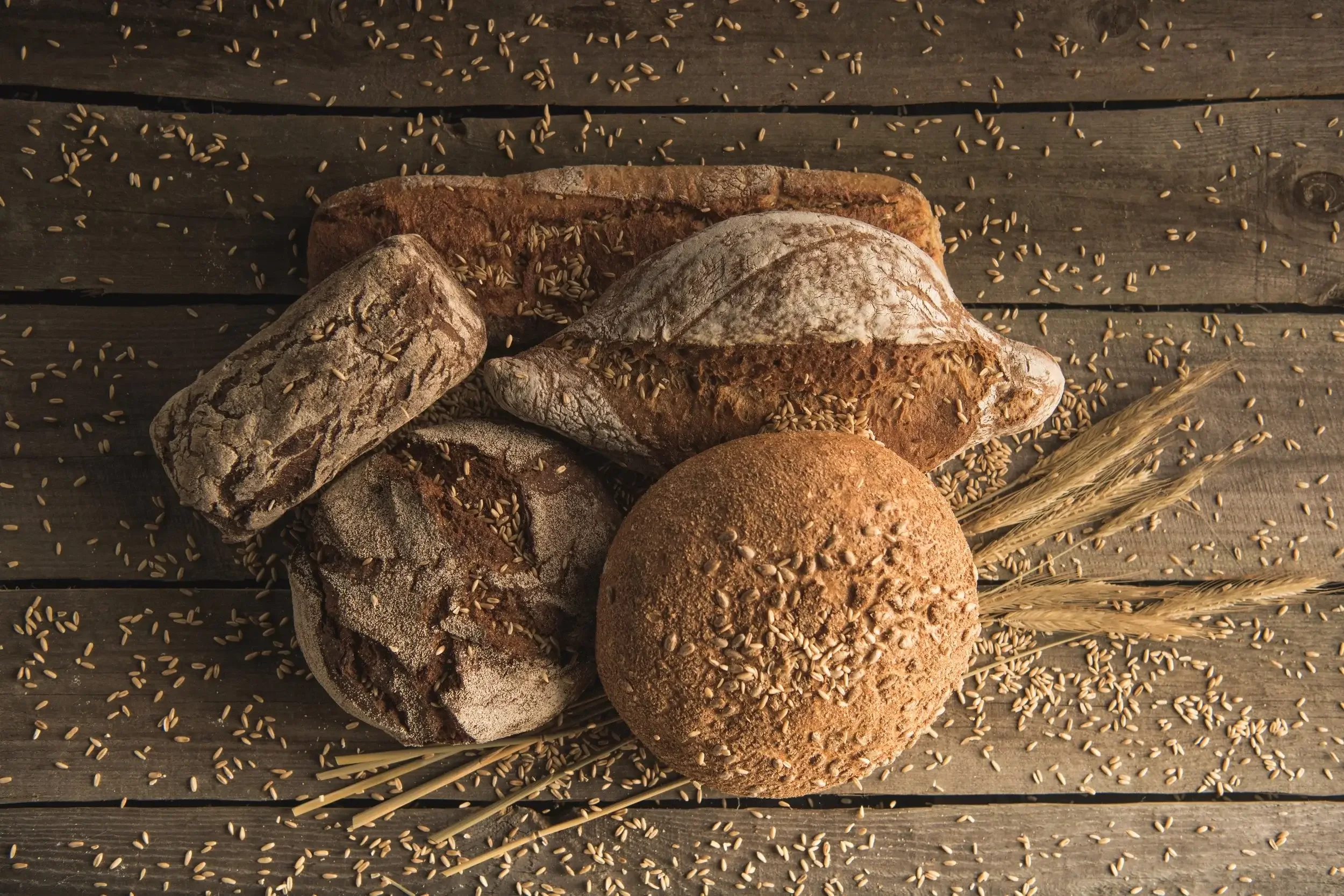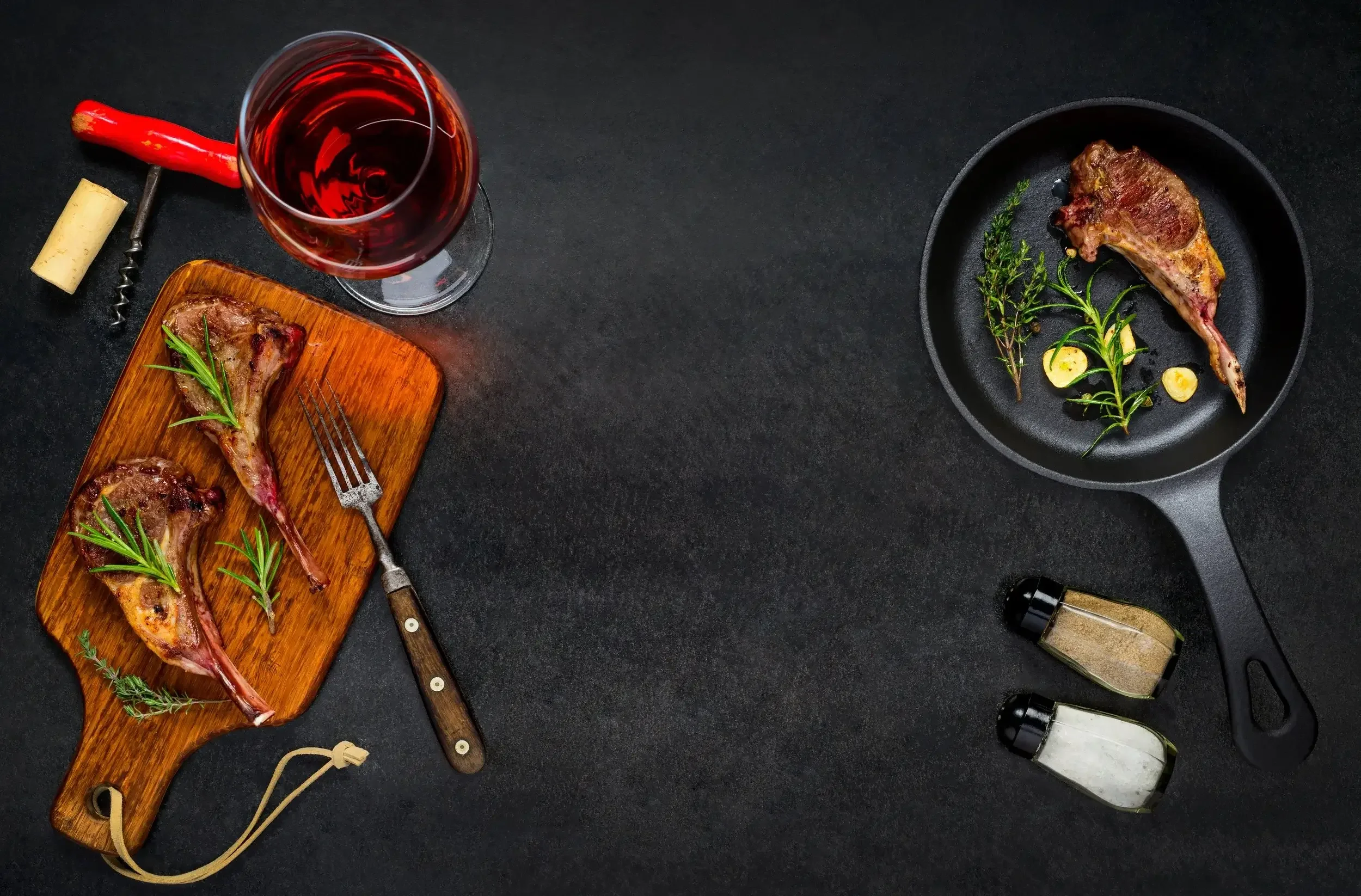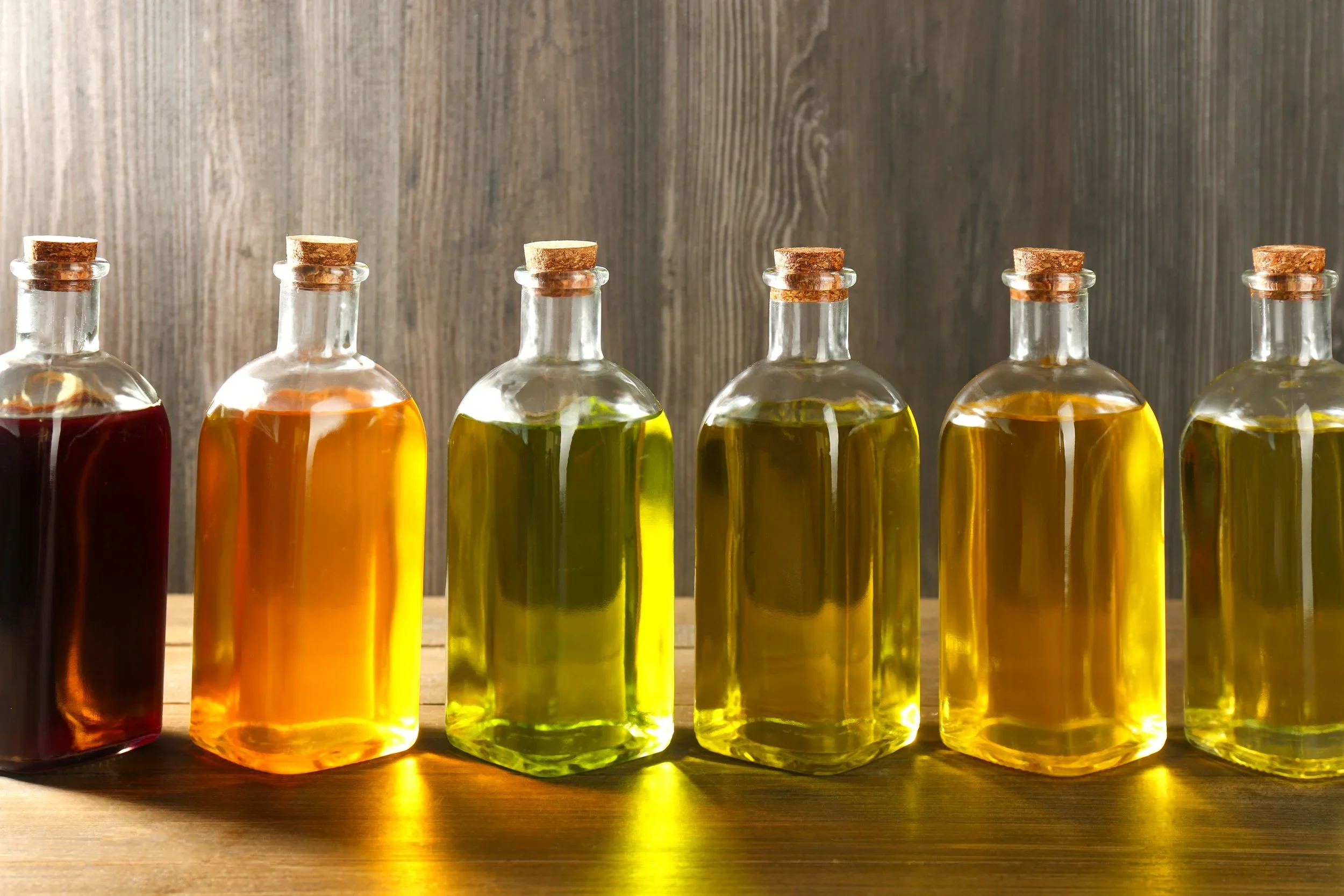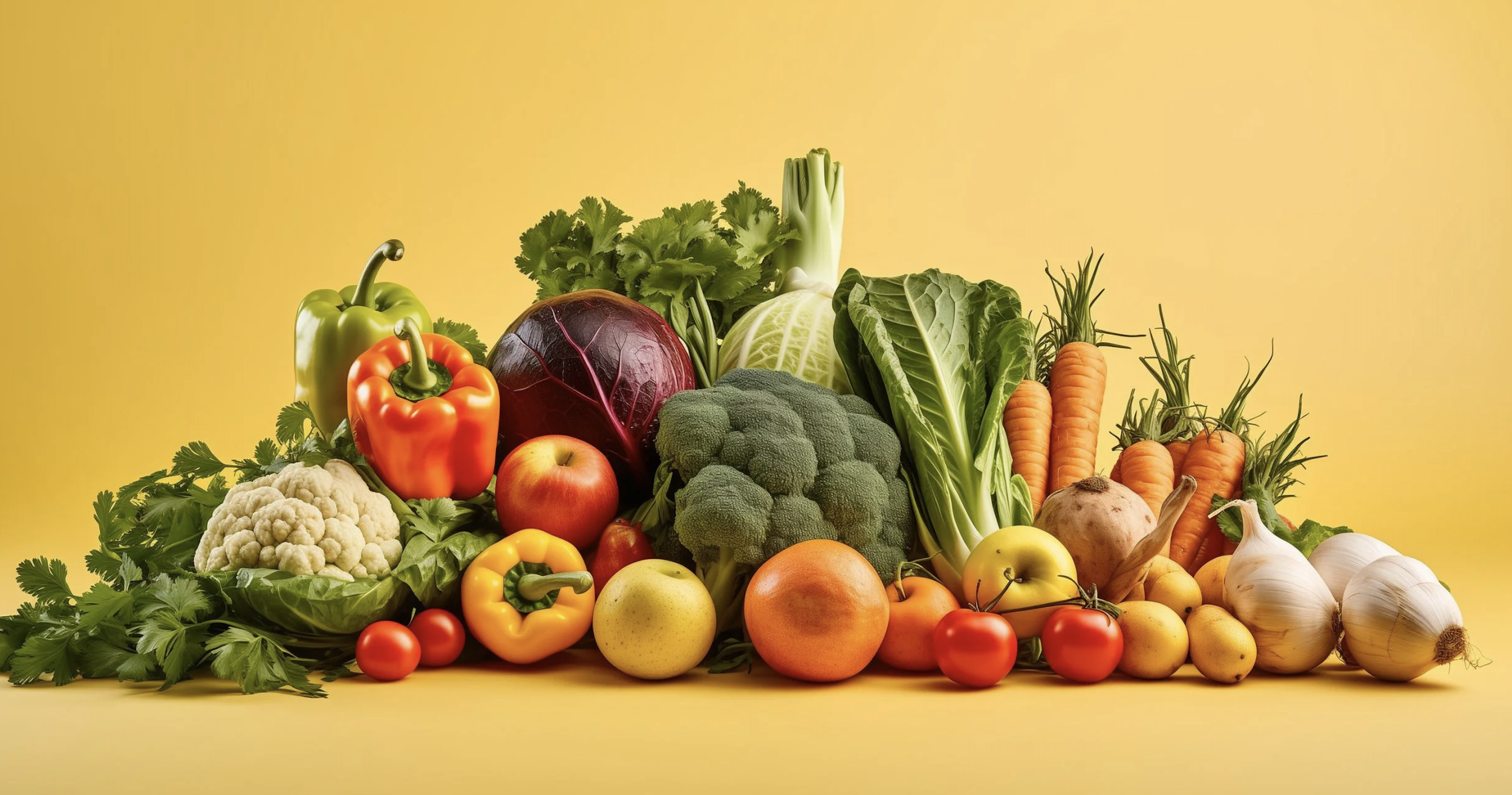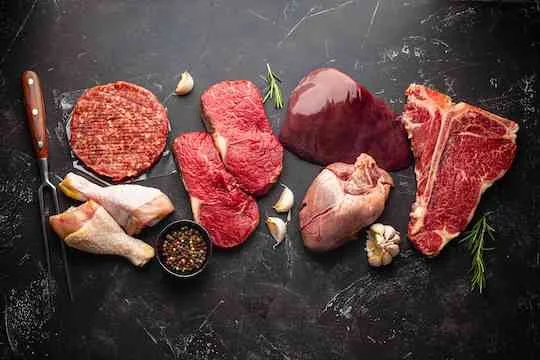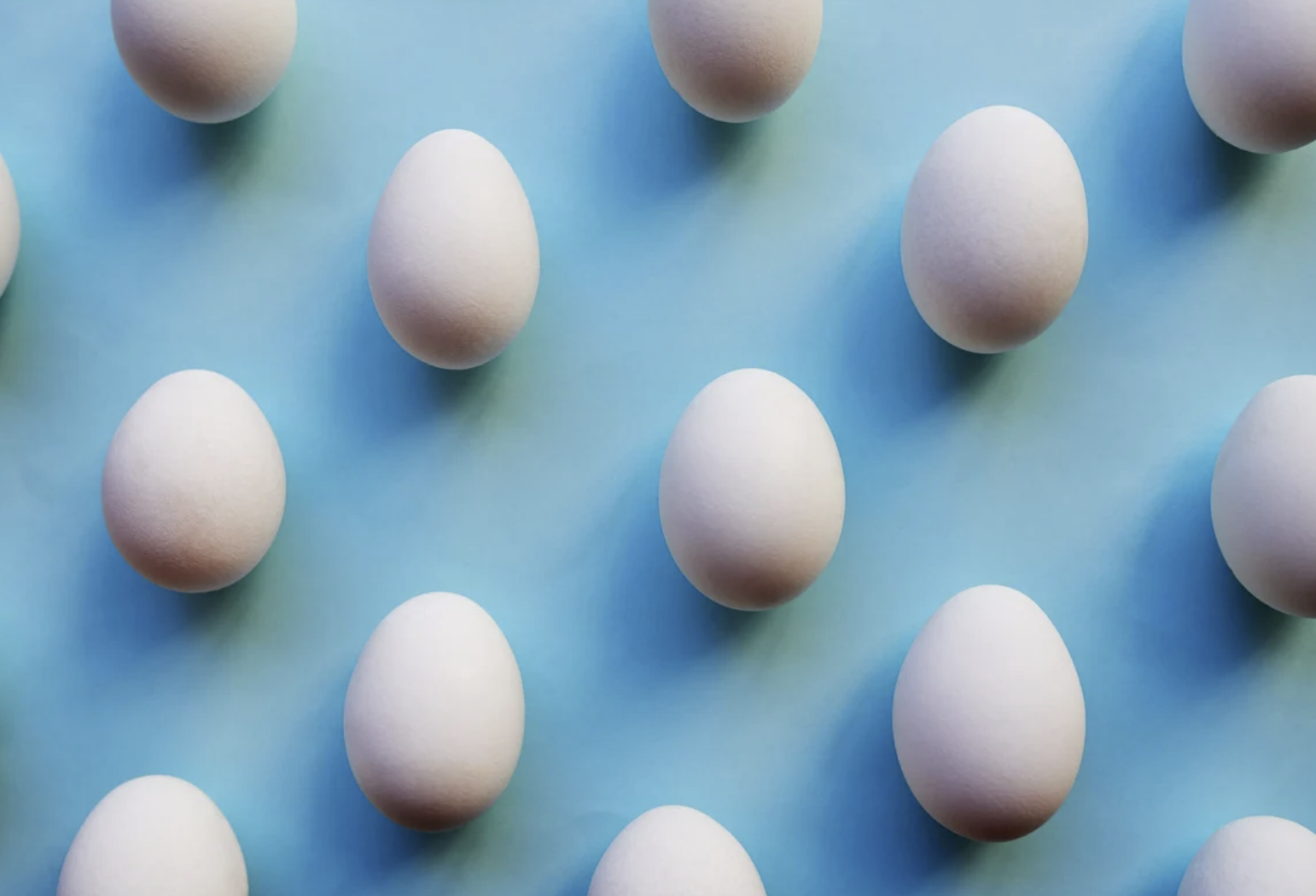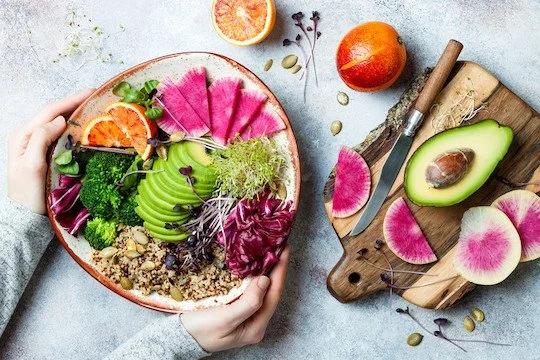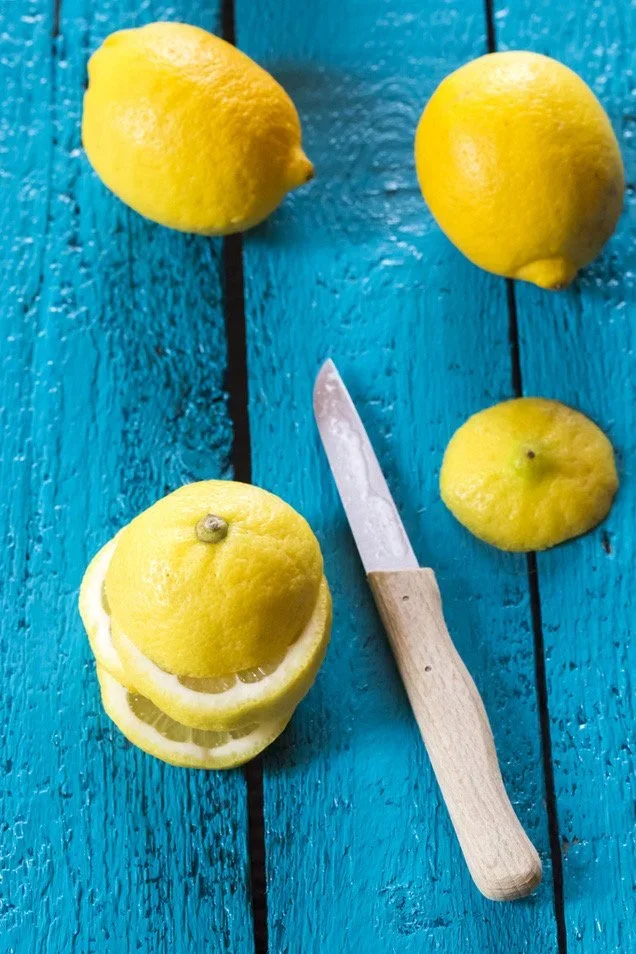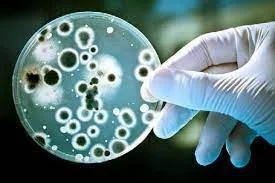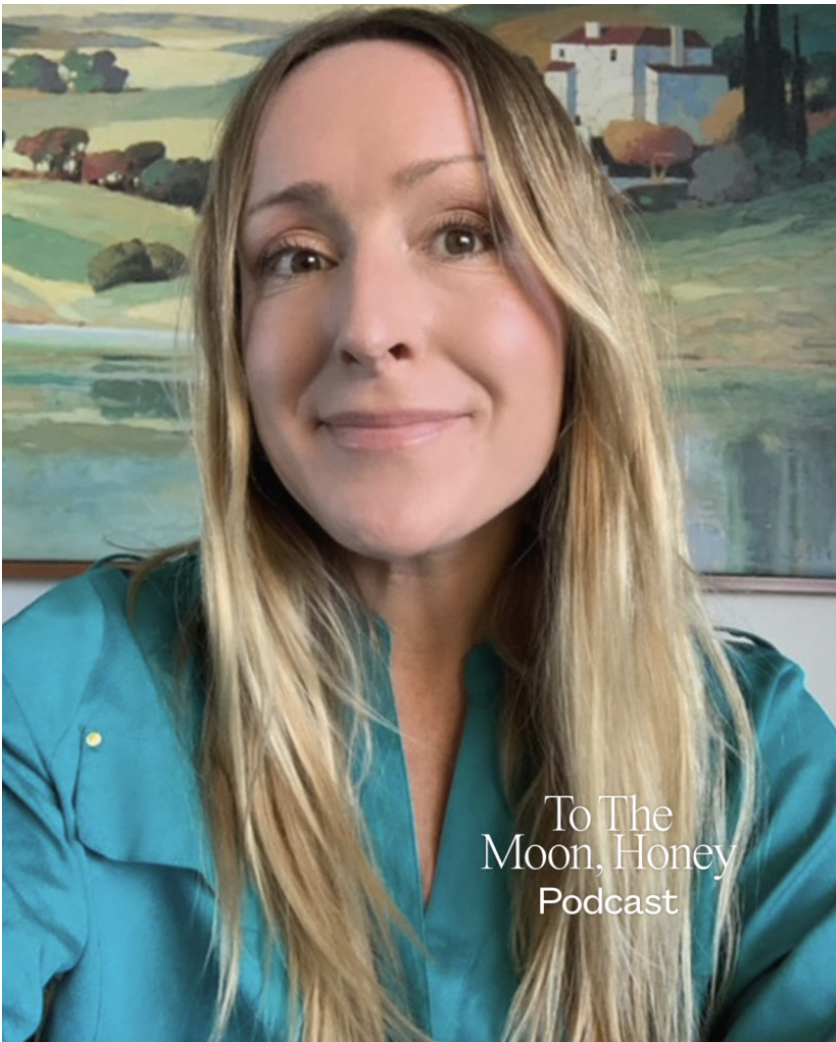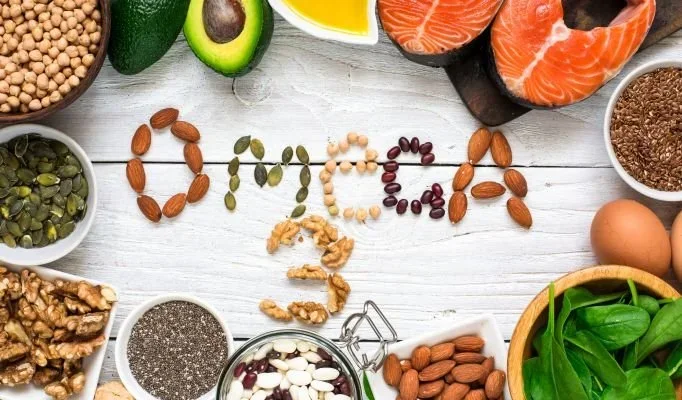
health briefs
This is smart health for real life. Short reads, clear science, practical moves. I show you where better energy, focus, and resilience come from. Follow along for data-driven insights, clinical strategies, and behind-the-scenes perspective on strategic health for individuals and companies.
We Need Doctors to Be Medical Experts—Not Hobbyist Nutritionists
There is a growing and deeply concerning trend: medical doctors stepping outside the field they were rigorously trained in—medicine—and entering domains like nutrition, often based on personal interest, frustration with the healthcare system, or anecdotal experiences.
Let’s be clear: nutrition is a scientific field in its own right.
And most MDs have received minimal or no formal training in it during medical school.
When MDs use their medical title to disseminate opinions or personal beliefs in nutrition, they unintentionally mislead the public—because their words carry weight, but not always accuracy.
This isn’t a call for rigidity. It’s a call for excellence.
We need medical doctors to raise the bar within their own field.
Why Detox Isn’t a Trend – It’s a Modern Necessity
In today’s world, detoxification isn’t about sipping celery juice or starving on lemon water for three days. It’s about helping your body actually process and eliminate the massive load of environmental toxins we’re exposed to daily.
From polluted air and pesticide-laced produce to heavy metals in seafood and endocrine disruptors in skincare – toxins are no longer the exception. They’re the baseline.
Carbs Aren’t the Enemy: Why Your Body (and Liver) Actually Needs Them
Somewhere along the way, carbs got labeled the bad guy. Blame it on the rise of keto, Atkins, or that one friend who swears off bread and calls it "toxins." But here’s the real deal: your body needs carbs. Not just for energy — for focus, for hormone balance, for recovery, and yep, for detoxing too.
In fact, your liver literally depends on carbs to help clear out waste and excess hormones through something called glucuronidation (don’t worry — we’ll get into it).
Why Combining Keto, Alcohol, and Carb Avoidance Is a Metabolic Disaster
The liver is your body’s central detox organ – but its ability to process toxins depends on the availability of specific nutrients, including carbohydrates. Despite this, keto diets and low-carb alcohol trends have become increasingly popular. The long-term consequence? A perfect storm for liver overload and mitochondrial dysfunction.
Are Seed Oils Really That Bad? Let’s Talk Facts — Not Fear
Let’s be honest: if you hang out on health TikTok or deep-dive into wellness podcasts, you’ve probably heard people calling seed oils "toxic," "inflammatory," or even “the root of all chronic disease.”
Seed oils — like canola, sunflower, soybean, and corn oil — have been demonized hard in recent years. But here's the truth: seed oils are not inherently bad, and some of the claims against them are, well… a little overcooked.
Let’s unpack what’s actually true, what’s overhyped, and why omega-6 fats (the main component of seed oils) are literally essential for your body.
NEW PODCAST EPISODE: HOW TO NAVIGATE (MIS)INFORMATION OVERLOAD In HEALTH TODAY
I’m on Danish podcast show “Rikke Paa Vrangen”. We’re talking about how to navigate the overload of (mis)information in nutrition and health – a world where everyone seems to be an “expert” these days, but only few actually have a nutrition-related educational background - unfortunately adding to a wealth of misinformation.
How do you know what’s real, what’s marketing, and what’s just plain dangerous?
We go over tools to think critically, act strategically, and navigate the chaos of information.
Why health communication is broken – and how we fix it
We’re living in a time where more people than ever speak publicly about health – yet the conversation has never been more confusing. Why?
Here’s what I see:
1) People without formal training speak with absolute certainty
2) Audiences rarely ask where the information comes from
3) Extreme messages get the most traction – because they appeal to our black-and-white thinking
But the human body isn’t binary. Health isn’t ideological.
Sugar Is Not Toxic: A Scientific Perspective
Sugar is not a toxin. You cannot “detox” from sugar. Sugar often gets a bad rap in today’s health-conscious world, with many headlines labeling it as “toxic.” But when we take a closer look at the science, the reality is more nuanced. Sugar, in and of itself, is not toxic — it is a natural component of many foods and plays important roles in human biology.
To grain or not to grain?
That seems to be the main question on most people’s mind these days. Personally I always recommend taking advice on matters from professionals who are educated in the field you seek advice in, i.e. seek nutrition advice from professionals who are educated and hold a degree in nutrition science and seek medical advice and diagnostics from professionals who have a medical training. If we did that, and if we as professionals respected different educational backgrounds and trainings, instead of thinking “we know it all”, it would lead to a lot less confusion and malpractice in the health arena.
Anyway, today I want to share this video on the subject of grains with two very different takes on the matter - Dr. Perlmutter, a Medical Doctor and author of “Grain Brain” and Dr. John Douillard, DC, CAP a globally recognized leader in the fields of natural health, Ayurveda, and sports medicine. I find it incredibly nice that these two personalities in their own right are able to discuss their different takes on this almost religious matter in such a civil manner.
Feeling fat and depressed on keto? You may have a defect on your carnitine-transporter
Are you following keto and find that you CANNOT lose weight and rather you are actually gaining weight?
Then it may be because you belong to the group that has a defect in the carnitine transporter.
No one is designed to follow an extreme diet like keto for the rest of their lives - but there may be times when restrictions on certain food groups are necessary due to illness and imbalances.
Even though we humans are bio-individual, we are still built very similarly in terms of how we convert energy in the body and build muscles etc.
There is no good science behind all of these come-and-go theories that exclude carbohydrates for everyone, or fat for everyone, or animal protein for all.
Some of us can thrive on these diets because we - perhaps for the first time in our lives - clean up our bad eating habits and decide to now completely exclude junk food and finally eat "real food". It's always a good idea to eat "real food" from nature, but it doesn't necessarily have anything to do with the ratio or exclusion of carbohydrates/proteins/fats.
However, for people with a defect in the carnitine-transporter, it can be very harmful to eat keto because they have a reduced ability to convert fat (ketones) into energy - and instead store it in the body.
Natural vitamins may be superior to synthetic ones
“There appears to be a tendency to label those who profess that natural vitamins are better than synthetic ones as quacks. This broad brush label may be stifling legitimate nutrition research. This paper describes physiochemical differences between certain natural and synthetic vitamins, proven clinical advantages of natural vitamins, and some of the effects this labeling may lead to. It concludes that lessons of history as well as modern science support the view that natural vitamins are nutritionally superior to synthetic ones.”
Read the full study here: https://pubmed.ncbi.nlm.nih.gov/11090291/
NEW TALK: 5 Keys To Thrive Effortlessly
Want to BOOST YOUR EMPLOYEES’ ENERGY, MOOD + BRAIN POWER?
Then you want to book this talk! Simple evidence-based steps to make big changes to how we thrive mentally and physically.
(I just did this talk for VEO technologies in Copenhagen)
Food fears often based on bad science
Food has so many properties that we often draw false conclusions, when we only focus on one aspect: e.g. you can easily be misled into thinking bananas and whole grain products are "unhealthy" when you only look at it from its impact on blood sugar coming from a keto diet point of view. Or you can be misled into thinking that plants should be avoided because they contain small amounts of toxins, and therefore you should follow a carnivore diet (meat-based). The fact is, however, that it is about quantity. Anything can be toxic if the dosage is high enough. And just as exercise and resistance train our muscles - but must not be overdone, because then it breaks us down, likewise fibers and many of these antinutrients actually train our digestion, so that it becomes resilient and results in a diverse and healthy gut microbiome. Now if you are already sick you may of course need a targeted elimination diet temporarily in relation to symptom management short-term - but this will never cure the underlying problem. Eg. mold is linked to IBS, which in turn is linked to SIBO/SIFO, so if you focus on the intermediate or end product, you never get to the bottom of what is causing the inflammation in the intestinal system and the overgrowth of bacteria and fungi in the small intestine and the resulting " food intolerances". Bottom-line: if you struggle with a lot of food intolerances and digestive issues a restrictive diet will not cure it, but may manage the symptoms short-term, yet longterm may make the problem even worse. Restrictive diets are NOT healthy longterm. And if a practitioner is recommending such, it is a RED FLAG.
Meta-study confirms: Eggs are a no-go for breast and ovarian cancer
Aren’t eggs supposed to be super healthy? Yes and no. Eggs are a food group that can be problematic depending on one's medical history - and no, it's not about cholesterol. The cholesterol debate - and what causes elevated levels in the body - was misleading and has long since been dismantled, but there are other aspects that make eggs less suitable for daily intake for everyone.
Who should go vegan?
Yet another vegan “documentary” taking up space on Netflix these days: “You Are What You Eat: A Twin Experiment”. And it hasn’t even been more than a handful of years ago, there was the last wave of veganism driving through the country with the movie Game Changers on Netflix, swiping across the country with more peer pressure than your average influencer’s lip filler. Same arguments, same counter arguments. It gets boring for those of us who live long enough to see the circling trends in health care - same claims, same debunking and on and on it goes. Each generation has to learn from scratch all over again. Yes I sound like I’m a million years. But really, I don’t have patience for this utter nutritional nonsense trendy stuff proposed by self-claimed experts often with no relevant educational background when it comes to nutrition science.
I never really commented much on it, because we are missing the boat completely when it comes to changing our health by focusing so much on meat vs. plants, and the debate has so many emotional ties attached to it, that it rarely seems constructive to dive in.
No, lemon water is not a "health gimmick"
I’ve been drinking lemon or grapefruit juice diluted into water the first thing every morning for decades, literally. Yes decades, without going further into dating myself here.
While I too get real tired of wild claims about this or that diet, mainly because there is never good science behind, I do not tire of the potential of understanding foods therapeutic impact on the body. Having worked with nutrition for 20 years, I have seen so many diets come and go, it drives me nuts, that we have to make something so simple, so very complicated.
It is actually quite simple: stop eating extremes, stop eating restrictive, figure out why your health is not good and treat the underlying cause of that.
Mold - when your home is making you sick! NEW TALK (Zoom webinar - Danish only) 13th of April
Christina Santini has been the first therapist in Europe to treat mold exposure since 2013. Did you know that 25% af astma is linked to mold exposure? How about we treated the cause instead of the symptom! It is important to get a handle on our basic needs for healthy air and clean water before we embark on more advanced dietary trends - especially since diet does not help much if our water and air are highly polluted. Gain insight into whether this is a problem for you and possibly related to your symptoms and get help to find out how it can be best managed.
To sign up for webinar click here: https://tidslerne.nemtilmeld.dk/295/
Please share.
Is a calorie a calorie? Stanford professor explains bad science.
This is a must see, if you are stuck on counting calories.
I'm talking about our toxic relationship to food (podcast interview)
I'm talking about health myths and facts and what a healthy relationship to food really is.
Too many of us have a toxic relationship to food and our body, and it is time we focus on thriving, rather than depriving ourselves. Afterall, life is too short to be miserable.
Listen in on the Danish podcast show #tothemoon here (in Danish only).
Too much omega-3 is too much of a good thing!
Did you know that too much Omega-3 actually impairs the immune system's ability to kill pathogens, thus increasing viral pathogen burden? Yes, many of us think that the more fish oil the better, but as with anything: too much of a good thing is just not a good thing anymore and - surprise - actually proinflammatory!



